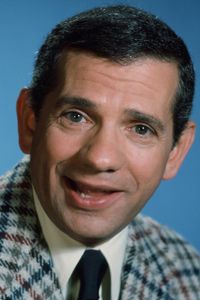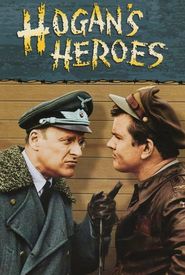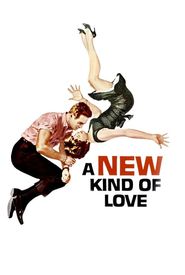Born in France, Robert Clary's childhood was marked by the tumultuous and traumatic experience of being interned in a Nazi concentration camp, a haunting reminder of the devastating effects of war.

Robert Clary
Deceased · Born: Mar 1, 1926 · Died: Nov 16, 2022


































